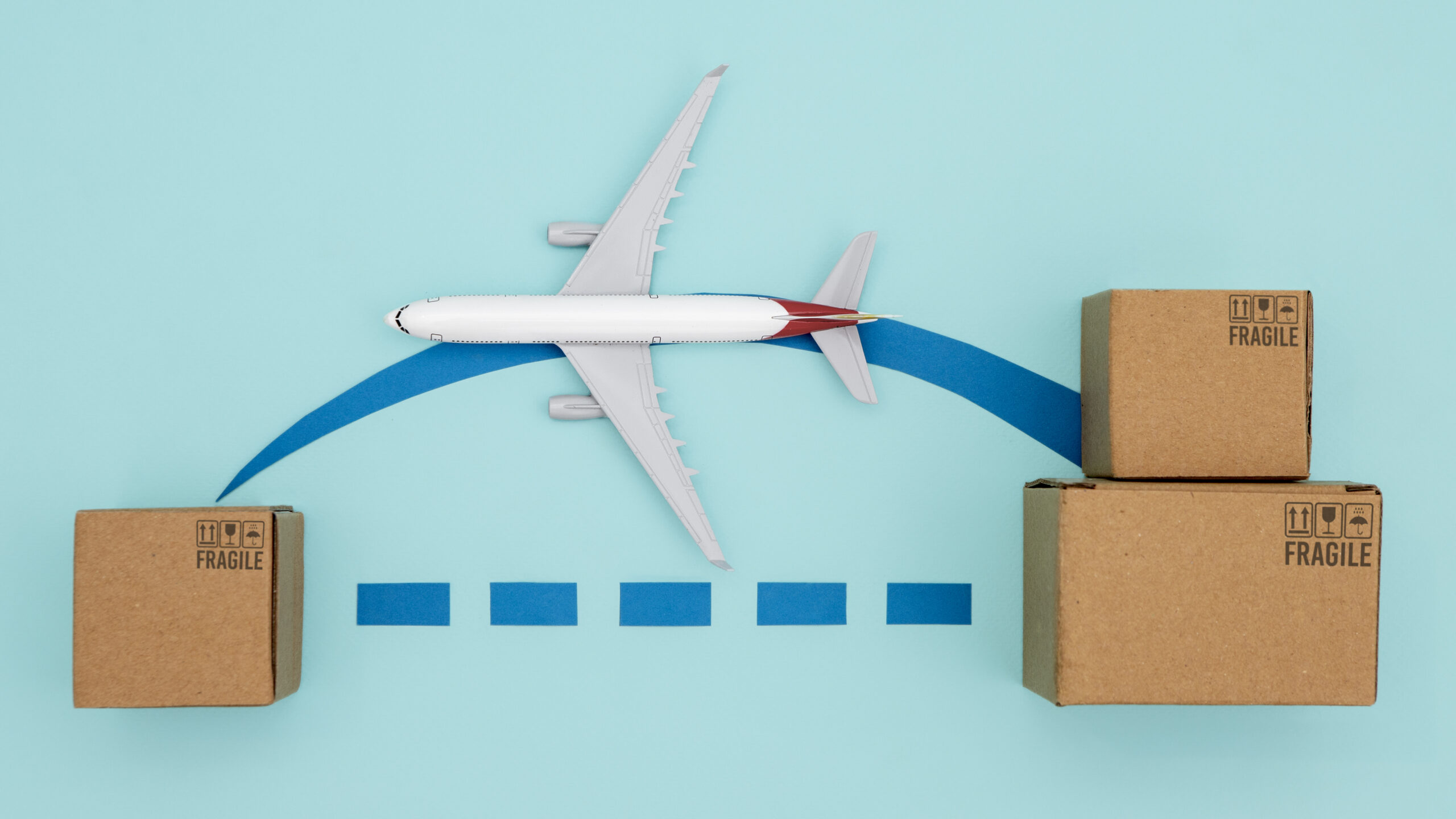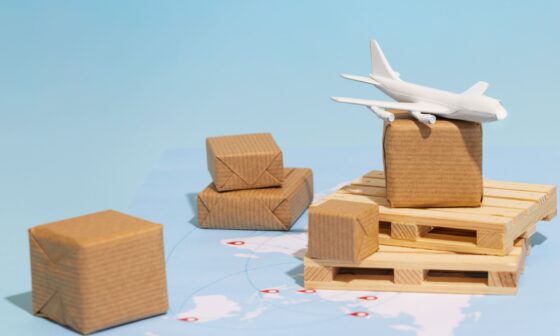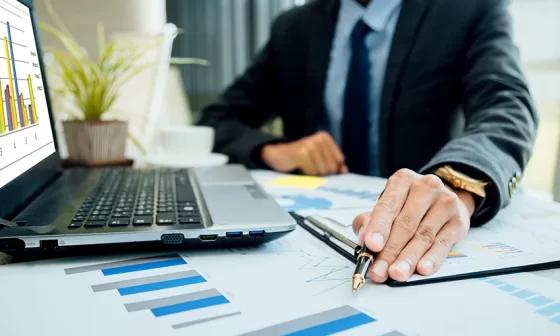Is your business prepared for the new Brazilian Customs rules? Implemented in 2022, Instruction Normative (IN) 2124 brings a set of requirements for international e-commerce players, which will come into effect on July 1, 2023. The measures aim to reduce tax evasion from the product sales on informal foreign platforms, known as “digital street markets,” which have become a concern for authorities and businesses in Brazil in recent years.
For a long time, foreign e-commerce and marketplaces have found loopholes to avoid paying taxes owed to Brazil, bypassing the legislation and offering products at much lower prices than those practiced by the domestic market, which also creates unfair competition with local sellers.
However, next month, Brazilian authorities will adopt a new monitoring system that will provide greater control over products exported to the country. IN 2124 also includes measures to expedite customs clearance for companies and sellers who are properly compliant with the new rules. Keep reading to understand how to ensure that your business is compliant with Brazil’s law.
Why are informal e-commerce platforms targeted by the Brazilian government?
The Brazilian Customs is the Brazilian agency responsible for administering federal taxes and conducting customs control, including goods coming from foreign trade. This inspection process involves exports made by international online stores, including the operation of foreign e-commerce and marketplaces in the country.
According to Brazilian legislation, foreign goods entering the national territory are subject to import taxes. However, shipments between individuals without commercial purposes may not be taxed if they do not exceed US$50. Taking advantage of this loophole, some companies are posing as individuals and altering the actual value of the transaction on the product invoice to evade taxation, which is why the Brazilian Customs is tightening inspections.
To give you an idea, according to a study conducted by the Retail Development Institute (IDV) and McKinsey, in 2020 alone, the country missed out on approximately R$600 billion in tax revenue.
Currently, the tax imposed on purchases made by individuals from foreign online stores amounts to 60% of the transaction value. Depending on the destination state, there may also be a charge for the Tax on Circulation of Goods and Services (ICMS).
In addition to ensuring the collection of owed taxes, customs inspection also aims to verify whether the goods have received the necessary approvals, “thus providing conditions of health and safety for consumer use.”
What changes in imports with IN 2124?
IN 2124 amends Normative Instructions of the Brazilian Customs Nº 1,737, dated September 15, 2017, and Nº 611, dated January 18, 2006, which respectively deal with:
- The tax treatment and customs control procedures applicable to international shipments;
- The use of simplified declarations in import and export.
➝ You can check the full text of IN 2124 on the official channel of the Brazilian Government.
The new rule aims to promote greater legal certainty and expedite the identification of fraud and customs inspection by requiring a series of information for all international shipments, whether transported by the Brazilian Postal (ECT) or a courier company. These details need to be entered into the Brazilian Customs’ own system, including:
- shipment tracking code;
- date of tracking code generation;
- freight value (US$);
- complete description of the shipment contents;
- weight (Kg);
- total shipment value (US$) based on International Commercial Terms Free Carrier (Incoterm FCA);
- marketplace ID and name;
- sender ID and full name;
- sender ID and full name;
- address and contact information of the sender;
- date and order number;
- among other data.
Thus, foreign online stores that comply with IN 2124 will have the benefit of delivering to their customers more quickly. In summary, the Normative Instruction provides:
- early customs clearance;
- faster delivery to the customer;
- permission for the application of full tax and prepayment of taxes;
- greater control of digital retail.
On the other hand, companies that do not comply with the new requirements will not be able to complete their operations in the country, as delivery to the final recipient can only occur after completing all shipment data in the system and paying the taxes.
How to adapt your e-commerces business to the rules of IN 2124 and continue selling to Brazil?
You may have already noticed that the new rules of IN 2124 make export procedures more complex and can jeopardize sales of your virtual business to Brazil. Fortunately, with technological advancements, there are already comprehensive solutions for cross-border operations — the transportation of a product from one country to another — such as Sinerlog’s C²aaS cross-commerce platform, a pioneer in this segment.
With Sinerlog’s expertise, it is possible to simplify and further accelerate deliveries from your e-commerce to Brazil, ensuring 100% compliance with Brazilian authorities’ requirements. In our cross-commerce platform, you will find functionalities such as:
- Cross-Border Insurance, to operate in this segment without headaches;
- Standardized e-invoice;
- Cross-Border e-Portal, which provides Brazilian authorities with detailed access to all shipment data in a simple and secure manner, with the possibility of integration with authorities in the US and Europe;
- Global tracking of shipments, from checkout to delivery, from the first to the last mile;
- Operation with all import and export services in Brazil, including Correios Packet and all private couriers;
- Intelligence and data analysis for defining the best delivery routes, portfolio improvements, and fraud identification;
- Cross Commerce API and integration hub, allowing connection to any customer, platform, marketplace, or partner;
- And much more!
It’s no wonder that major players in the market, such as Nestlé, Amazon, and Girafa, already rely on our expertise. Now that you’re up to date with what IN 2124 entails, learn more about Sinerlog’s global cross-border platform and how it solves the main challenges for e-commerce and marketplaces exporting to Brazil.
There are only 21 days left until the new regulation takes effect. Don’t leave it until the last minute to ensure your business is compliant with the Brazilian Customs!








